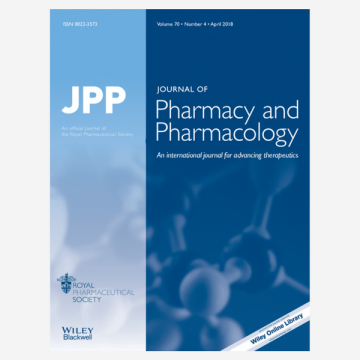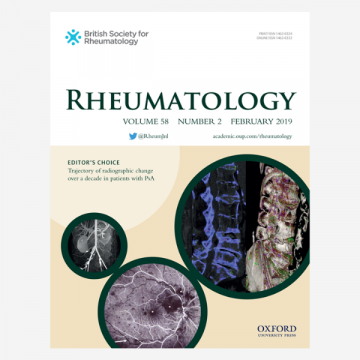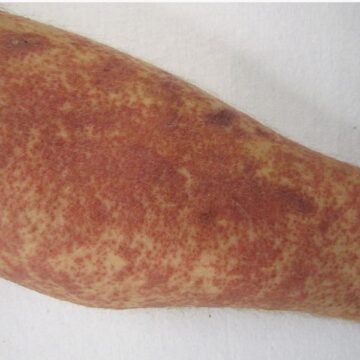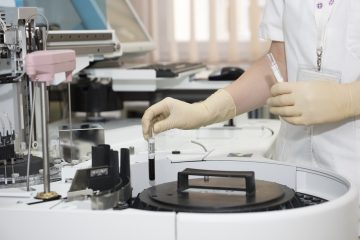
The Lancet Haematology
Volume 4, No. 5, e218–e224, May 2017
Kathleen Selleng, MD, Gregor Jenichen, MD, Kathrin Denker, BSc, Sixten Selleng, MD, Bernd Müllejans, MD, Prof Andreas Greinacher, MD
Background
Emergency patients with unknown blood type usually receive O Rhesus D negative (RhD–) red blood cell concentrates until their blood group is determined to prevent RhD+ related adverse transfusion reactions. As 85% of individuals are RhD+, this consumption of O RhD– red blood cell concentrates contributes to shortages of O RhD– red blood cell concentrates, sometimes forcing transfusion of known RhD– patients with RhD+ red blood cell concentrates. Here we report the outcome of this transfusion policy transfusing all emergency patients with unknown blood type with O RhD+ red blood cell concentrates.
Methods
In this prospective single-centre observational study done between Jan 1, 2001, and Dec 31, 2015, we assessed all consecutive RhD– patients at the University Medicine Greifswald who received RhD+ red blood cell concentrates (emergency patients with unknown blood type; and RhD– patients receiving RhD+ red blood cell concentrates during RhD– red blood cell concentrate shortages). No patients were excluded. The primary endpoint was anti-D allo-immunisation at 2 months follow-up or later. Patients were followed up and tested for immunisation against red blood cell antigens using the direct antiglobulin test and an antibody screen every 3–5 days for 4 weeks or until death, or hospital discharge. Surviving patients were screened for development of anti-D antibodies for up to 12 months (at the predefined timepoints 2, 3, 6, and 12 months) after RhD+ red blood cell transfusion.
















Comentarios
Para dejar un comentario antes debes iniciar sesión:
¿No tienes una cuenta?
Regístrate a través de éste enlace.